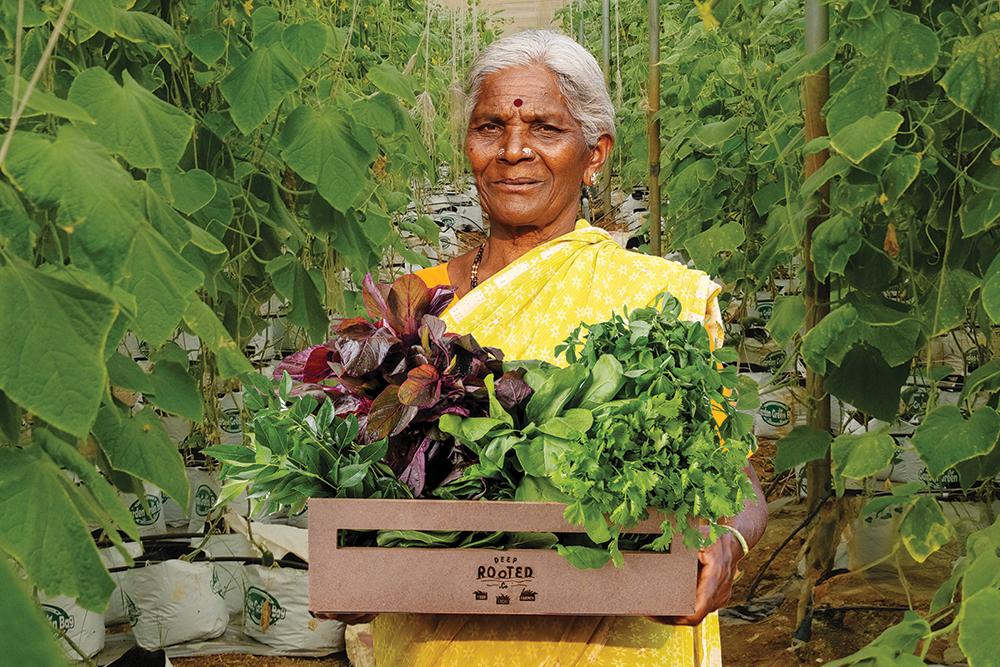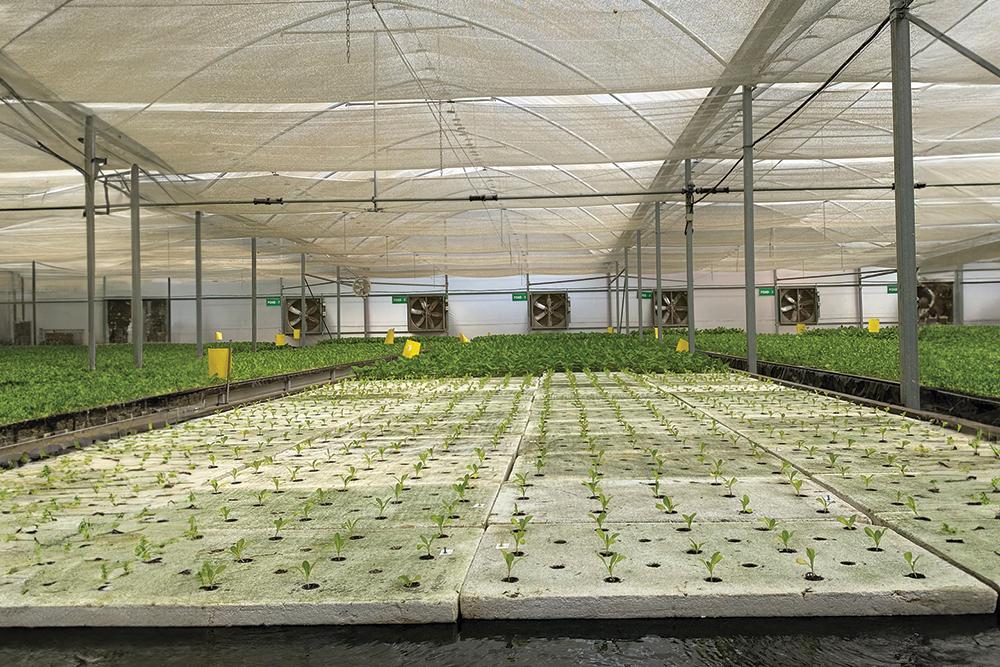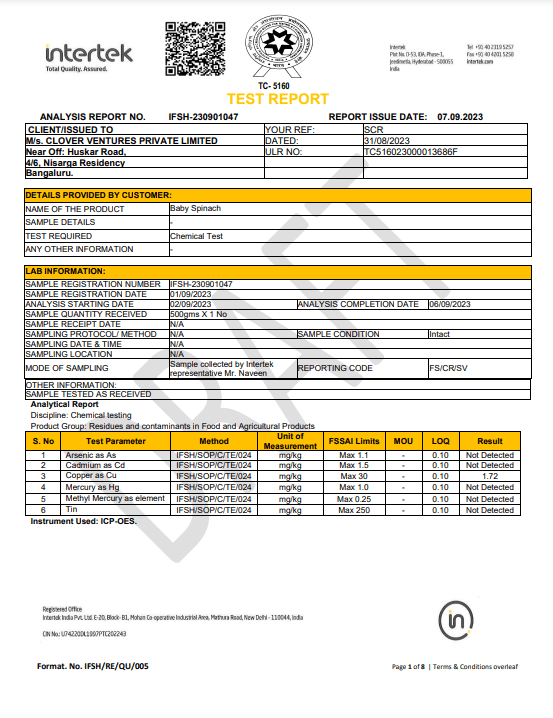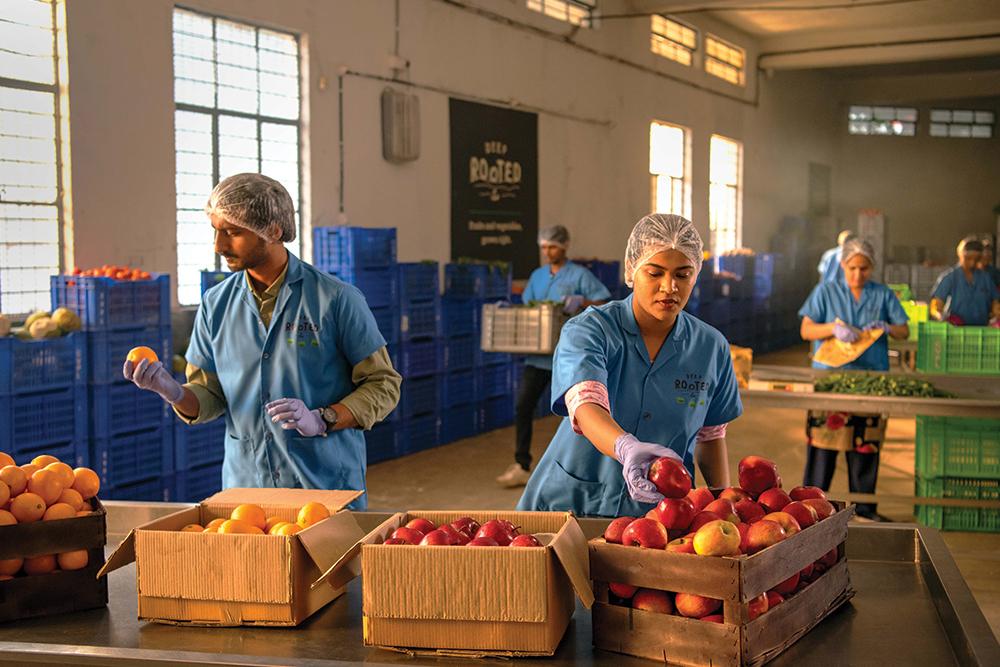The news report published by Deccan Herald recently raised many eyebrows. When it comes to what we eat, every unpleasant information hits home.
For the research, around 400 samples were tested from 20 stores in Bengaluru–including supermarkets, organic stores, as well as local markets. The results showed contamination levels way above the permissible limits set by the Food and Agriculture Organization (FAO).
The study also revealed that leafy greens accumulate more heavy metals compared to others due to the higher transpiration rate of plants to maintain growth and moisture.
The root cause behind this contamination?
Some farmers rely on sewage water or contaminated lake/river water to grow vegetables to reduce the harvest and transportation time. Most leafy greens are grown in and around the lake beds situated in Hosur, Hoskote, and Kengeri, where the industrial effluent contamination is high.
Additionally, uncontrolled usage of pesticides/insecticides can also result in toxins getting into the fruits and veggies. This poses a big threat to consumers’ health!
How are your fruits and vegetables grown?
Are they free from toxins?
How recently were the vegetables harvested before they were delivered to you?
When it comes to fruits and vegetables, most consumers don’t consider the aforementioned questions. In fact, it is a common belief across some households that cooking vegetables will make the toxins disappear! You must know that while peeling, blanching, and boiling, may reduce the chemical residue in veggies, they won’t be fully eliminated.
The ambiguity in agriculture
Under the cover of technical jargon and industry lingo, many companies obscure the truth from consumers. Even with certifications in place, the intricacies of chemical test reports are often beyond the average consumer’s comprehension.
So, the next time you’re purchasing from a hyperlocal store or organic market, make sure to consider the following questions:
Are they familiar with the farm that grew the produce?
How can they guarantee its organic or contamination-free status?
When was the last testing conducted? Also, is the produce from the same farm where the tests were conducted?
Don’t rest easy till you have 100% clarity about the food you’re eating.
What makes Deep Rooted different
We handpick our farmers and help them grow right–from selecting to harvesting.

The water our farmers use is straight from the borewell. Our greens are grown in greenhouses, using the hydroponic technique wherein the water is tested for TDS, salt content, and electrical conductivity.

To create an equilibrium between our farmers and consumers, we incentivize our farmers to grow the right way with zero compromises on the cleanliness of the crops, which in turn paves the way for our consumers to always get high-quality produce.
Our residue-free certifications from an NABL-accredited lab attest to the fact that our produce is free of any contamination.

To check our residue-free certifications for other fruits and vegetables, please click here.
We’re also the only fruits & vegetables brand that is ISO-certified–a milestone that has cemented our consumers’ trust when it comes to quality.
We conduct multi-step quality checks straight from sowing to post-harvest, to ensure you only get the best.

Let’s continue our vow of clean eating and support ethical farmers. Be responsible for the environment and our health. Do share this article with your friends and family, and if you have any questions, drop us a DM on our Instagram handle (@deeprooted.co). Our experts will answer them.
